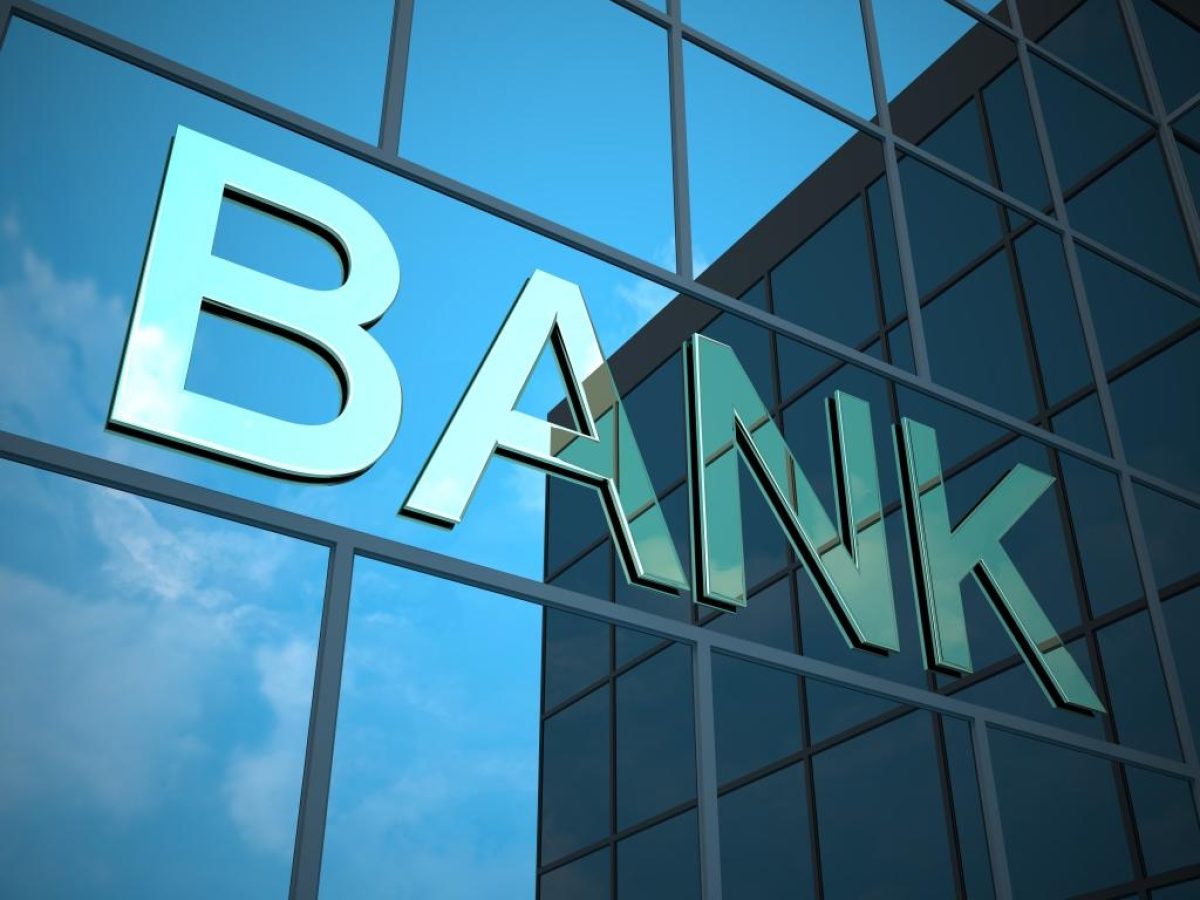

Windfall tax: FG threatens jail for non-compliant banks
By Esther Agbo
The Federal Government has proposed imprisonment for top bank executives who fail to comply with a one-time windfall tax on banks’ foreign exchange profits in 2023.
Additionally, a 10 percent penalty on the withheld or unremitted levy and interest at the prevailing Central Bank of Nigeria (CBN) minimum re-discount rate are included in the proposal.
This development emerged on Monday during a National Assembly meeting with Finance Minister Wale Edun and Federal Inland Revenue Service (FIRS) Chairman Zack Adedeji, discussing amendments to the Finance Bill, 2024.
Recall that the Senate swiftly approved President Bola Tinubu’s proposal to amend the Finance Act, introducing a one-time windfall tax on banks’ foreign exchange profits for 2023.
A windfall tax is an elevated tax imposed by the government on industries or businesses that have gained excessively from favourable market conditions.
According to the President, the revenue generated from this tax will contribute to the additional N6.2 trillion added to the 2024 budget.
A windfall tax targets sectors or businesses that have benefited disproportionately from favourable market conditions. President Tinubu emphasised the need for the revenue to support the budget increase.
The bill, which has passed its second reading, outlines the Federal Inland Revenue Service’s (FIRS) responsibilities to assess, collect, account for, and enforce the payment of the levy.
It stated, “The Federal Inland Revenue shall assess the realised profits, collect, account, and enforce payment of levy payable under section 30 in accordance with the powers of the Service under the Federal Inland Revenue Service (Establishment) Act 2007; “and in the exercise of its functions in 32(a) above, may enter into a deferred payment agreement with the assessed banks, provided that such deferred payment agreement is executed on or before December 31, 2024.
“Any bank that fails to pay the windfall profit levy to the service and has not executed a deferred payment agreement before December 31, 2024, commits an offence and shall, upon conviction, be liable to pay the windfall profit levy withheld or not remitted in addition to a penalty of 10 percent of the levy withheld or not remitted per annum and interest at the prevailing Central Bank of Nigeria minimum rediscount rate and imprisonment of its principal officers for a period of not more than three years.”
“Financial year means either the year commencing from January 1, 2023 to December 31, 2023, or any period within the financial year not aligned with the calendar year comprising twelve calendar months of the bank’s financial activity.”
Finance Minister Wale Edun highlighted the “bank windfall” levy’s significance, despite being a small contribution, as crucial for government finances at a time of increased revenues with minimised taxes.
FIRS Chairman Zack Adedeji clarified that the tax is not new but rather a collection from existing profits, emphasising the government’s role in redistributing wealth to balance economic inequalities caused by forex gains benefiting banks at the expense of other sectors.
In his words, “These are the gains that you have without any contribution from you, without any value addition, which has had an adverse effect on others. And who are these others? If you look at the report of all manufacturing entities and the last one and a half years, you will discover that a lot of the registers recorded huge laws coming from exchange transactions.
“The other flip of this law is recorded in banks. Anywhere in the world, your duty as the government is to redistribute the wealth to sustain the progress and prosperity of the Nation.
“So the loss suffered by manufacturing, as a result of these foreign gains, which is being recorded in the bank, is what the government seeks to redistribute. And that is why we have this levy, which is done everywhere.
“We have it in energy, banking, health care, when you have this kind of situation, like the one we have in Nigeria. So we seek your permission and your understanding in balancing this economic inequality that has occasioned due to the circumstances that we find ourselves.”
Adedeji proposed a 50/50 sharing formula for the windfall tax between banks and the government, stressing the need for legislative support to address economic disparities stating, “These gains that are realised, the levy proposal today is 50, the bank is 50 and government is 50.
“And then based on your consultation and other parts you see that we are here. And then as my boss has said, this is just a consultation. The final bill rests on what comes out of this interactive section, and then eventually the bill that we have, as you all know that we are at the executive level, is just to implement what you put.”
Senator Isah Jibrin raised concerns about the clarity of penalties, suggesting explicit guidelines on when imprisonment should be enforced.
“My area of worry is concerning the penalty, we need to be very explicit on.
“On the issue of penalty, here it is stated, 10 percent of the tax withheld or not remitted per annum and an interest and the prevailing Central Bank of Nigeria MRR. So what are we going to do? 10 percent is like coming from nowhere, so I would suggest that we align the MRR.
“Then at what point does the issue of imprisonment of the officials come in? At what point do we now say, okay, enough is enough and the officials should be arrested after default, is it after a month, a year, two years, or three years.”
Responding, Edun expressed confidence that banks would comply but underscored the necessity of penalties to deter defiance. He assured that there are mechanisms to monitor and enforce accurate reporting of forex profits, supported by CBN directives preventing banks from using such profits.
This windfall tax initiative aims to ensure fair distribution of unexpected financial gains and support national economic stability.




